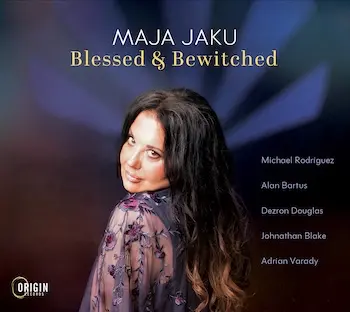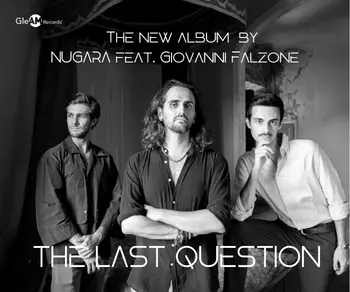This book by Larry Tye, author of biographies of Bobby Kennedy, baseball legend Satchel Page and Communist-baiting demagogue Senator Joseph McCarthy, is his first venture into the world of jazz. He candidly states that “I’ve tried to make a strength of being a newcomer to jazz history.” To this admirable end he interviewed or corresponded with 250 band mates, friends, relatives, critics and biographers of his chosen trio: Armstrong, Ellington and Basie. Tye offers a 32-page bibliography and 25 closely typed pages of notes to burnish his credentials.
His major contention is that despite all the odds, the three gained massive popularity (and wealth) during the 1930s and into the 1950s. The forces which they all had to surmount were those of racial prejudice, discrimination, segregation and white exploitation. All were eventually to acquire white managers. Not entirely convincingly, Tye maintains that these aspects of their respective and joint careers have not been fully understood or recognised. Authors of the numerous books and articles examining these remarkable and pioneering leaders may wish to disagree. Curiously, The Jazzmen comes with pre-publication hype/encomiums from such figures as Mercedes Ellington (Duke’s granddaughter), Gary Burton, Sonny Rollins and Dan Morgenstern.
There are some pertinent comments and characterisations in Tye’s meticulous examination and characterisation of the lives and time of his Chosen Three. Louis, he suggests, was always “over-the-top and genuine”; Duke, in contrast, was “moody, aristocratic and futuristic”, while Basie, “with a temperament both reticent and heartfelt, was smack dab in the moment”. In a painstaking chronology of their careers, Tye reveals that all were serial adulterers (with the full knowledge of their wives), that Basie and his wife Catherine had a daughter, Diane, who was unfortunately born with cerebral palsy and both physical and mental challenges. He says ”Both parents were devoted to her and refused to see her institutionalised.”
In an era of rampant racism, Louis, Duke and the Count chartered Pullman railroad carriages to escape the indignities, constraints and dangers of Jim Crow travel. Duke had early formed special bonds with (black) Pullman porters and envied their dignity and diplomacy. Basie remembered his first experiences of a Pullman berth. “Lots of times, instead of getting into my bed, I used to sit and look out of the window most of the night.”
On civil rights, Ellington held benefits for the Scottsboro Boys, nine black youths falsely convicted of raping two white women in 1931, while Louis is (accurately) quoted as calling governor Orval Faubus of Arkansas, who defied the Supreme Court’s landmark school desegregation ruling, as a “mother-fucker”. Although both Louis and Duke were official US State Department “ambassadors” to African and Asian countries, they refused to endorse the official line on American race relations. But Armstrong flatly refused to abandon his theme song Sleepy Time Down South – even after criticism from black and white commentators.
Less seriously, the Count – well-known as a compulsive gambler on the horses – performed his last concerts from a wheel chair. Gary Giddins shrewdly observed: ”Some who knew him well said that he had to work to pay off gambling debts. Some who knew him better said he incurred gambling debts as an excuse to keep working.” Again, Tye (approvingly) notes the glorious appearance of the entire Basie orchestra in the Mel Brooks’ movie Blazing Saddles. Less appealing are details of Armstrong’s well-known addiction to and propagation of laxatives – especially Swiss Kriss. Duke is quoted as telling an interviewer “I started out playing for pussy, not money.”
In 1962 Louis and Duke paired to record two well-received LP albums – Together For The First Time and The Great Reunion. Basie, who did record with Ellington (First Time! The Counts Meets The Duke) said that not recording with Louis was “one of my big regrets”. Appropriately, he and Duke were pallbearers at Armstrong’s funeral.
This is very much a “pick ’n’ mix” confection. Despite good intentions and excellent photographs, it is densely packed and written in pedestrian and repetitive prose. For the record, Tye (mis)identifies Walter Page as one of Basie’s “brilliant wind-section soloists”. Useful to the newcomer, The Jazzmen offers little that is new to already informed followers of the celebrated principals or their world.
***
The Jazzmen: How Duke Ellington, Louis Armstrong, and Count Basie Transformed America, by Larry Tye. Harper Collins. Mariner Books. New York & Boston, 2024; 393pp; hb. ISBN 978-0-358-38043-6




